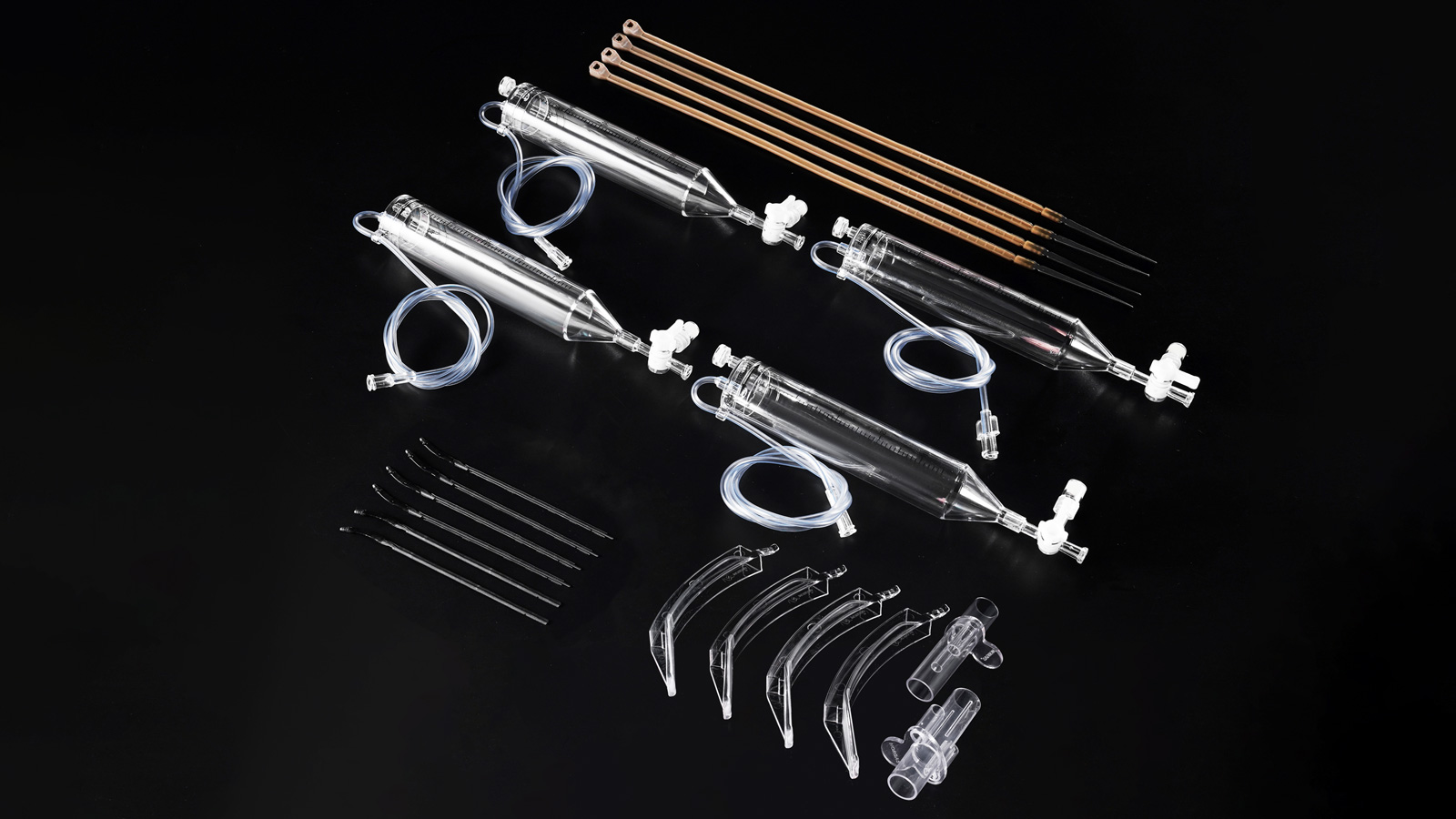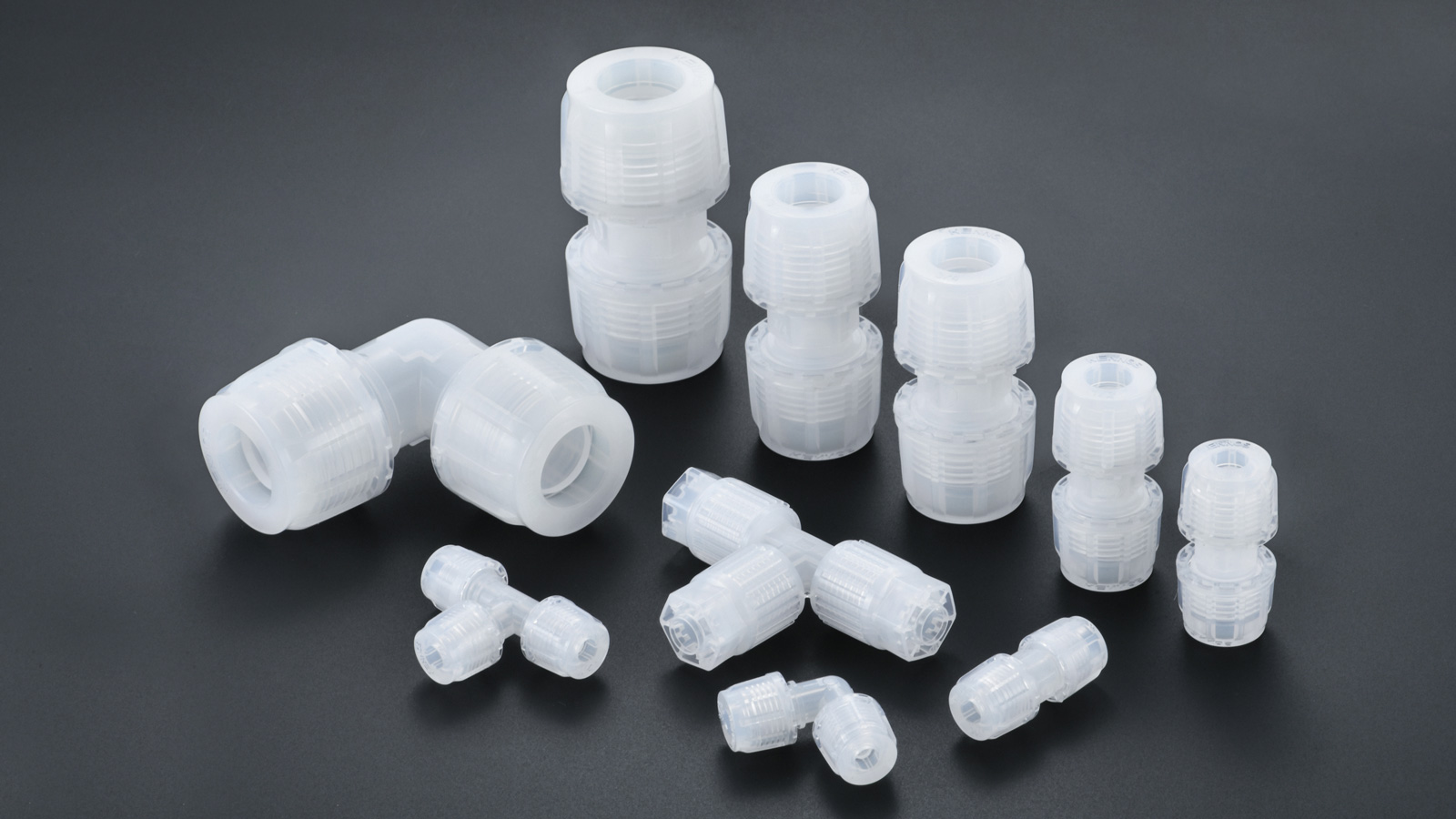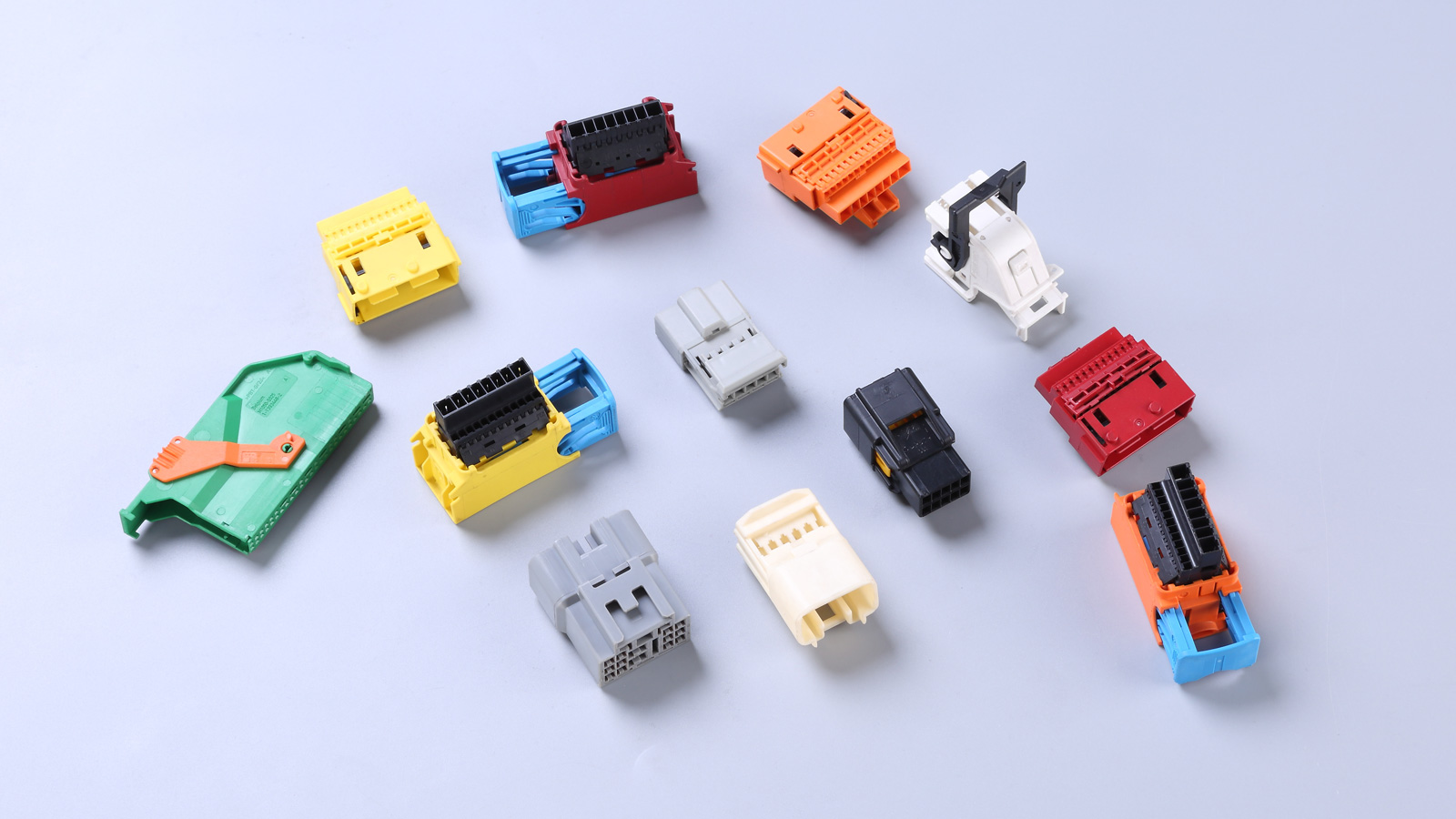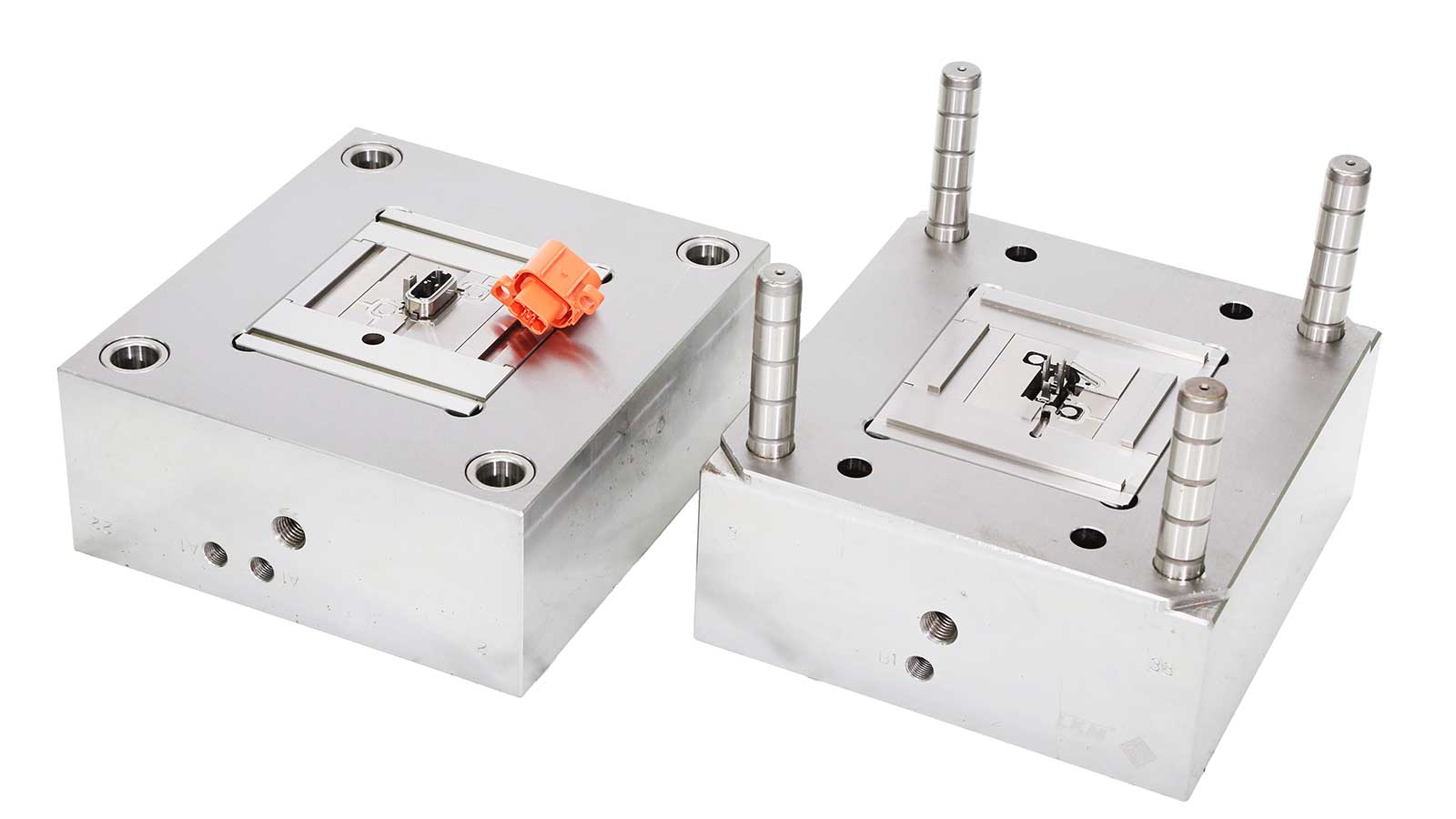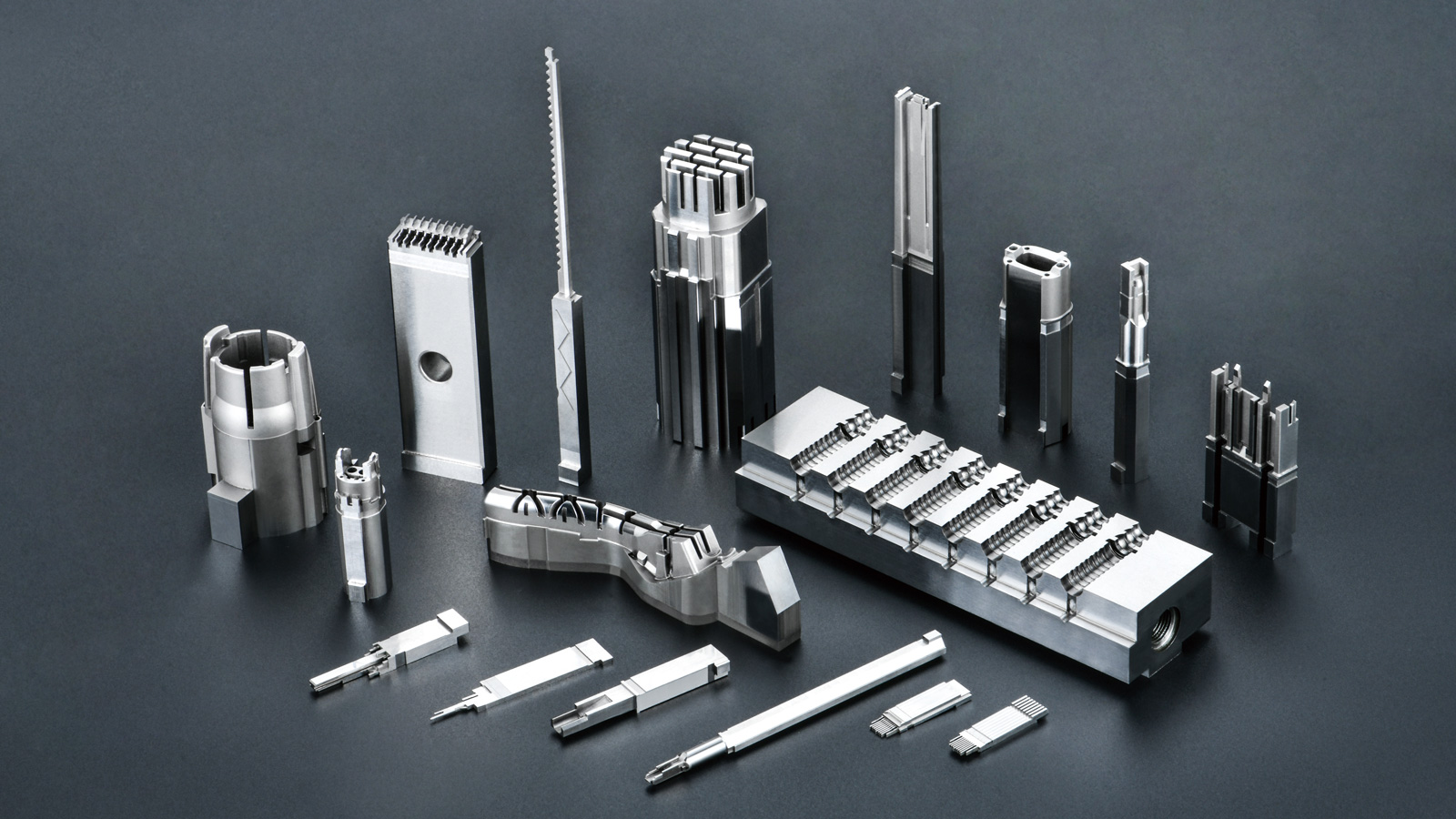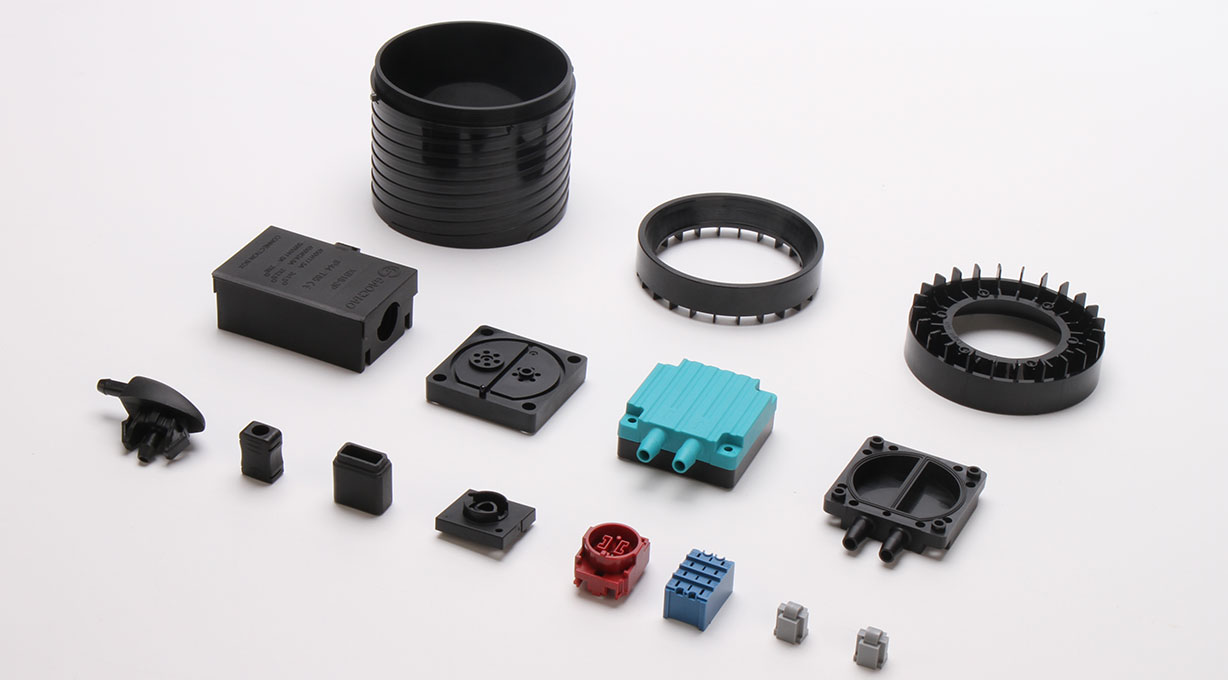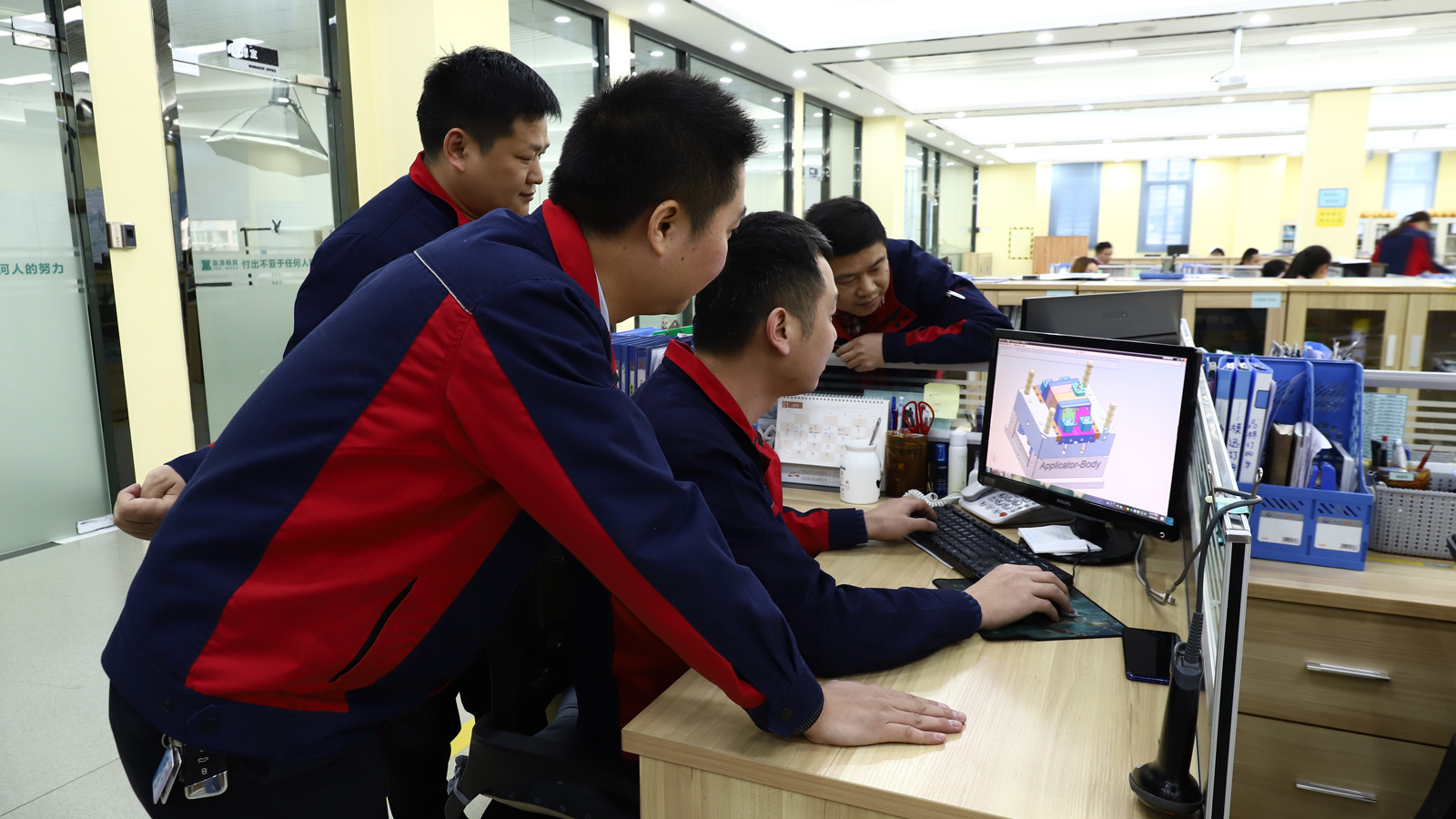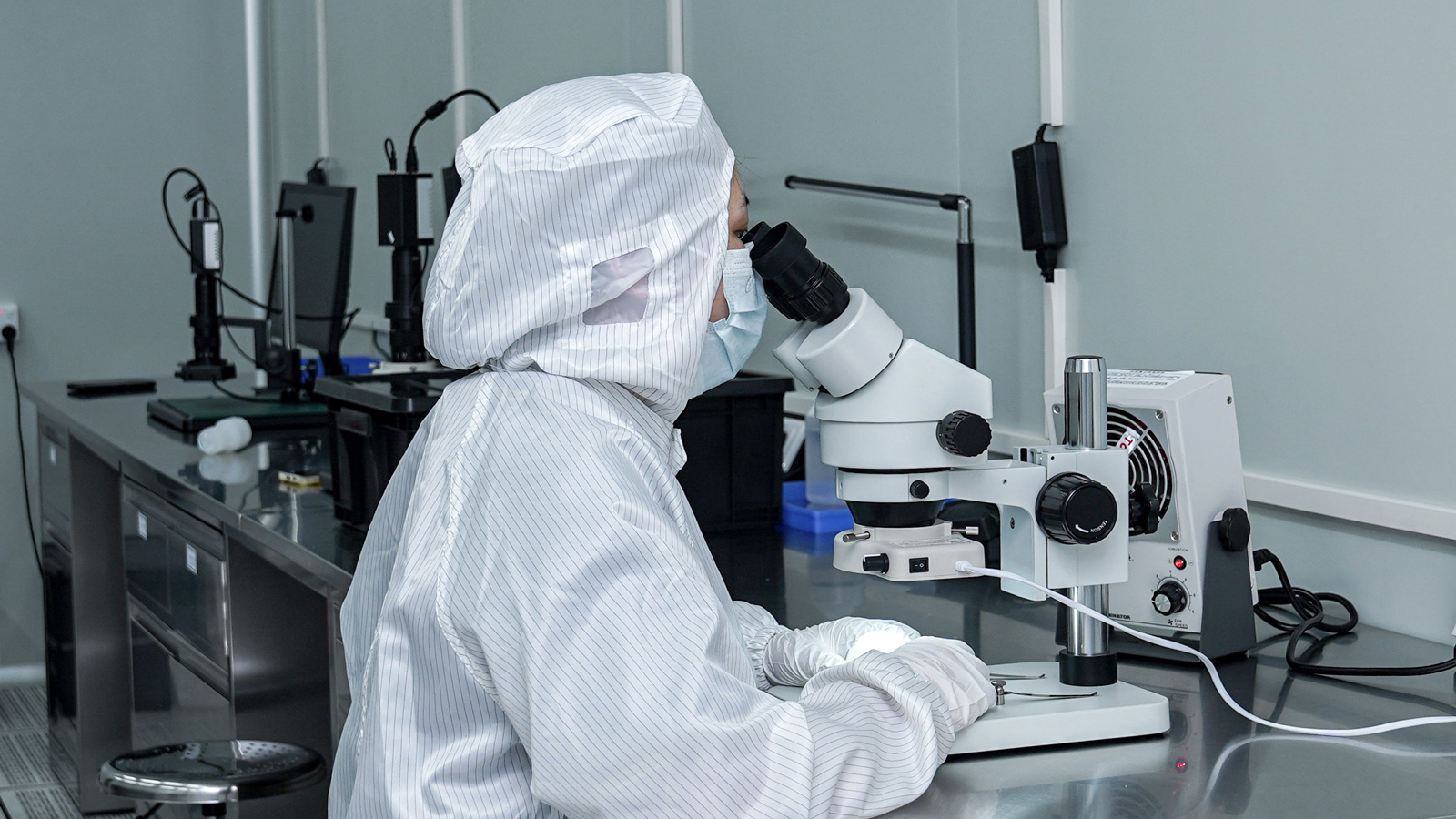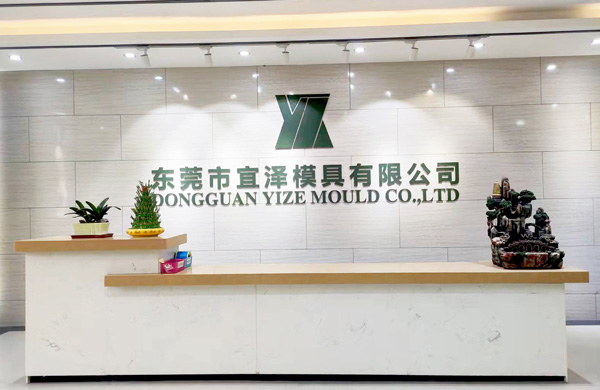In the field of plastic molding, mold temperature is a crucial variable that has a significant impact on the quality and performance of the final products. Generally, when the mold temperature rises, it reduces the condensation of plastic in the mold cavity, allowing the molten material to flow more smoothly within the cavity. As a result, the molded parts will have a larger weight and better surface quality. Meanwhile, the tensile strength of the parts will also increase. So, what are the effective methods for mold temperature control? Let’s explore them below.
Mold Heating: Various Methods Show Their Strengths
Steel Heating: Universal and Efficient
Steel heating is a prevalent heating method in plastic molding design and is applied in almost all types of plastic molding. Its wiring methods are flexible and diverse, such as one-way wiring and two-way wiring. In terms of heating materials, it can be paired with various types of pipes, including joint pipes, seamless pipes, and stainless steel pipes. This heating method has significant advantages, such as low heat loss, high thermal efficiency, and simple wiring cables. However, due to the limitations of materials and injection molding process technology, the characteristics of steel heating must be fully considered during the design of injection molds to ensure that the heating effect matches the overall performance of the mold.
Iron Core Heating Tubes: High Power and Durability
Iron core heating tubes are also a common choice for mold heating. They have a high power per unit length and are durable and safe, with a low risk of breakdown and short circuits. During installation, they can be buried by drilling blind holes. However, iron core heating tubes also have some limitations. For example, it is difficult to customize them according to the personalized design of injection molds, and the tubes are relatively fragile and prone to breakage during replacement.
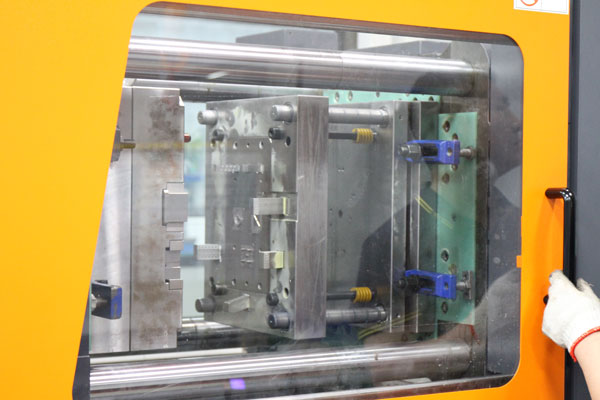
Mold Insulation: Reducing Heat Loss and Improving Energy Efficiency
Strengthening the insulation measures in plastic molding can effectively reduce heat loss from the mold, enabling the mold to reach the predetermined production temperature in a short time and thus reducing energy waste.
There are various methods available for mold insulation. For example, using aluminum hydroxide insulation, cotton, and wrapping it with asbestos cloth or glass cloth can achieve good insulation effects. In addition, there is an insulation coating on the market that is currently an ideal material for mold insulation. This coating is made of medium-length fibers, slurry, and an insulation foam. It has a medium viscosity and is easy to apply. It is commonly used as an insulation material for chemical and heating pipes and is slightly alkaline. After being used at 150℃, it does not show negative effects such as carbonization, melting, or odor. Moreover, the material is lightweight, and the applied coating can make the mold surface more aesthetically pleasing.
Mold Cooling: Water Cooling Dominates, with Both Advantages and Disadvantages
Among mold cooling methods, water cooling is the first choice for most molds. However, water cooling also has some drawbacks. It has extremely high requirements for the sealing of pipes, and the water supply and drainage pipes must remain unobstructed; otherwise, the cooling effect will be affected. At the same time, water cooling leads to significant water resource waste. But the advantages of water cooling in mold temperature control are also prominent. It has a large heat capacity and can quickly reduce the mold temperature to meet the cooling requirements during the production process.
Dongguan Yize Mold Co., Ltd. has been focusing on designing and manufacturing precision molds and producing precision injection-molded products since its establishment in 2007. The company’s business covers the design, precision mold manufacturing, injection molding and assembly, and after-sales service of products such as automotive connectors, medical product injection molding, dust-free injection molding, and PFA custom injection molding, providing customers with one-stop solutions. If you have relevant needs, please feel free to call for consultation at +86 13302615729 (same number for WeChat and Whatsapp)
